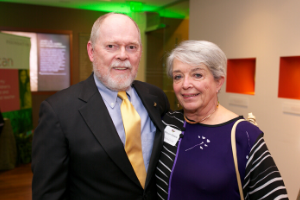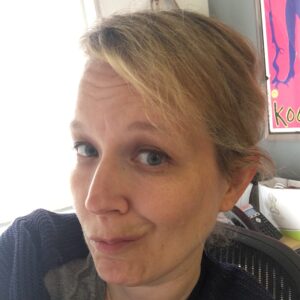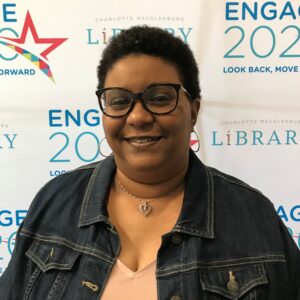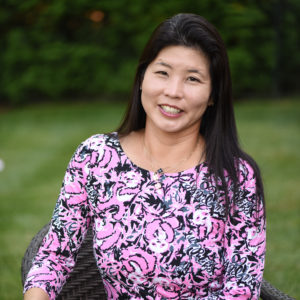 We asked longtime Library trustee and WFAE’s inaugural First Amendment Award winner what he’s been reading, and he shared his list, and his lifelong library story:
We asked longtime Library trustee and WFAE’s inaugural First Amendment Award winner what he’s been reading, and he shared his list, and his lifelong library story:
I was born in Rives, Mo., a village of 70 or so in the broad flood plain of the Mississippi River 90 miles north of Memphis. My parents ran a small grocery store, gas station and bait shop there, serving nearby farm families who grew and harvested the vast fields of cotton and soybeans that flourished in the rich alluvial soil.
Before I started to school our family moved a few miles to open a store in Hornersville, right on the Missouri-Arkansas line and home to about 700 residents. I graduated from high school there in a senior class of 25.
Not until I went to college did I live in a town big enough to have a library. But my small town, I discovered at an early age, hosted a biweekly visit by the bookmobile from the county library 16 miles away. For a child with an eager mind in an isolated place, the bookmobile was a godsend, no less so than if it had descended on golden wings from heaven above. It carried books in stacks along both sides, from floor to ceiling, all available to me for free.
I grew up in a family of readers – daily newspapers from Memphis and St. Louis, the county weekly, and an array of magazines (Colliers, Look, Life). My father was a grocer, outdoorsman and reader (so smart he skipped a grade in school, my aunt told me). I helped Mom and Dad in the store, but I was rarely without a book nearby. Rafael Sabatini was a big favorite, especially Scaramouche, with its memorable opening sentence, “He was born with the gift of laughter and a sense that the world was mad.” These stories transported me to a world where I could savor experiences and dream dreams beyond the cotton fields that surrounded me. Reading helped me connect with the larger world, and helped shape my vision of what I could be in it.
Today, a decade into my retirement from a newspaper career, I usually am reading two books at a time, one fiction and one nonfiction. On my bedside table now are The Guarded Gate by Daniel Okrent and The Substitution Order by Martin Clark.
The Guarded Gate: Daniel Okrent’s book, as the cover notes, is about “Bigotry, eugenics, and the law that kept two generations of Jews, Italians, and other European immigrants out of America.” The xenophobia of a century ago was bolstered by some of our nation’s most respected intellectuals, who espoused the phony science of eugenics. This chilling look at a nearly forgotten period of America’s past reminds us that history has a disturbing tendency to repeat itself.
The Substitution Order: Martin Clark is a Davidson College graduate who retired recently after years as a circuit court judge in Virginia. He lured me into his splendidly crafted stories of small town Virginia life with the odd title of his first novel, The Many Aspects of Mobile Home Living. I’ve been a fan ever since. A New York Times review said, “The Substitution Order is not merely a good legal thriller, it’s a great one.” So it is.
To feed my habit without going broke, when I learn of a book that interests me I I put it on hold at the Library. It’s always a thrill to get an e-mail message that one of my books is ready to pick up. I get in line for a few mystery writers (John Sandford, Michael Connelly, Sara Paretsky, James Lee Burke). I pick and choose among new nonfiction offerings. Lately I’ve read excellent books by good friends (Paige Williams, Tommy Tomlinson, Pam Kelley and Judy Goldman). I get most of my books at the public library, as I’ve been doing since childhood, but I buy the ones by authors I know from Park Road Books.



